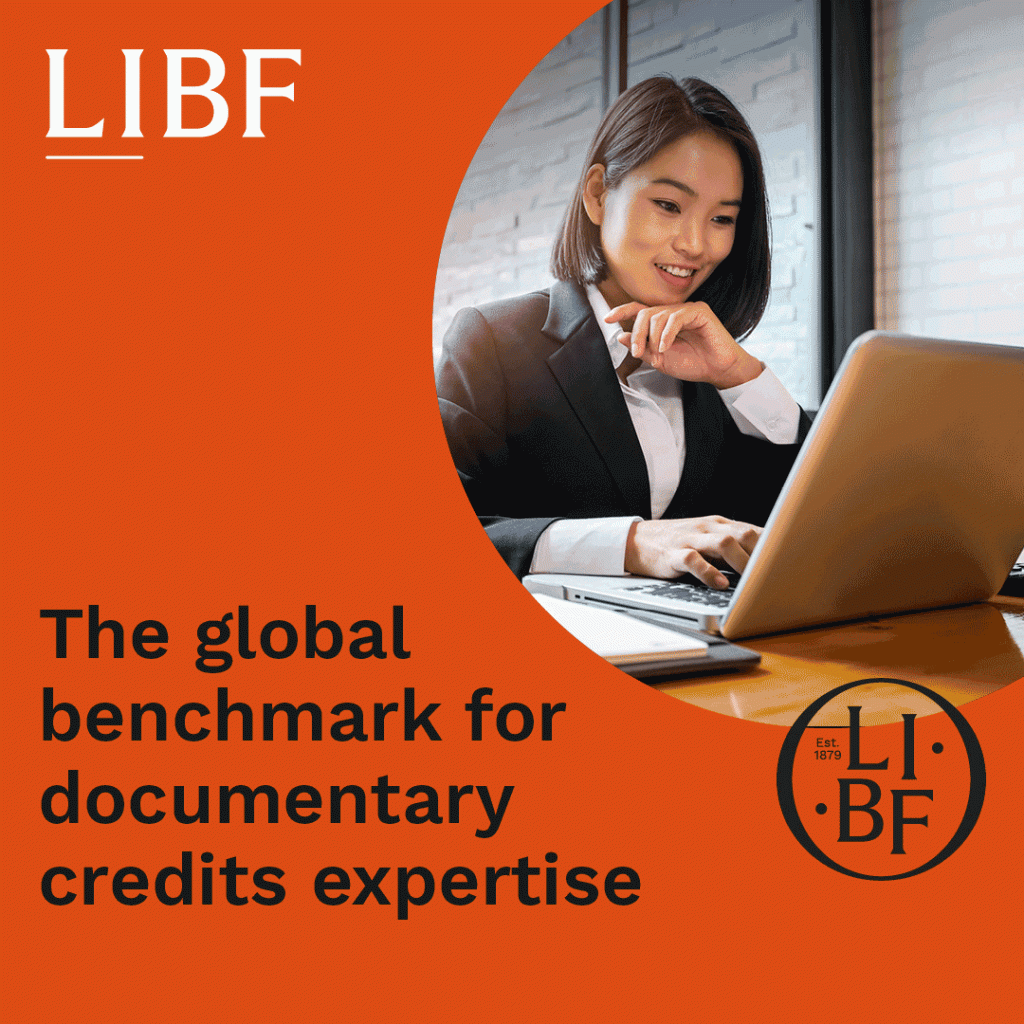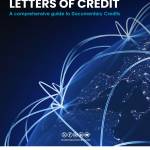Presentation of Documents

Access trade, receivables and supply chain finance
We assist companies to access trade and receivables finance through our relationships with 270+ banks, funds and alternative finance houses.
Get Started
ADVERTISEMENT
Contents
Ensuring Credit-Compliant Presentations of Documents
Trade documents have existed since the dawn of the written word, and archaeologists have recovered ‘documents’ in the form of clay tablets that date back many thousands of years. Without documents, there is no documentary credit, meaning that a seller does not get paid, and a buyer does not get its goods.
All parties involved in the trade cycle need documentation, albeit with differing requirements, and each type of document serves a different purpose.
There are many document types, and it is essential to understand the intent of the documents required under a documentary credit. Most countries have a minimum requirement for import and export documentation, and many have numerous specific and unique requirements. Still, practitioners should be aware of and account for these in the terms and conditions of the documentary credit.
Poorly prepared documents can severely impact a transaction, leading (at best) to delays in settlement. Global statistics differ, but the percentage of documents refused by banks on the first presentation ranges between 65% and 80%.
Discrepancies
While some of the more common discrepancies are due to timing issues (expiry, shipment, and presentation period), quite a few derive from poorly prepared documents or presentations. These can include conflicting data between documents, missing documents, unauthenticated alterations, missing endorsements, goods descriptions not according to the documentary credit, insurance documents dated later than the transport document, and missing or incorrect shipped-on-board notations.
As a result of discrepancies in a presentation, practitioners incur additional costs by way of discrepancy fees (from the nominated bank or issuing bank), expenses for communications sent, lost interest, and increased administrative costs. These will all lead to a reduced profit margin on the transaction. Discrepancy fees, for example, can be expensive and often range from the equivalent of USD 25 to USD 500 per presentation.
Refusals can lead to banks making no payment in some transactions. This can be due to a confirming bank or issuing bank refusing to honour or negotiate owing to the perceived financial risk of the issuing bank or applicant.
Although an applicant may agree to issue a waiver for any discrepancies found in a presentation, the issuing bank is not obligated to accept it. The issuing bank may continue to refuse to honour the presentation and will be entitled to subsequently return the documents.
Some applicants will use discrepancies in a presentation to ‘negotiate’ a discount with the respective beneficiary in return for the applicant agreeing to issue its waiver.
Preparation of Documents
A beneficiary may issue any document except where:
- the rules state otherwise,
- the documentary credit specifies the name of the issuer, or
- the documentary credit refers to the type of issuer as an independent, competent, qualified, or local company. UCP 600 interprets this as any issuer except the beneficiary.
Beneficiaries can avoid discrepancies in presentation by paying more attention to detail and reducing unnecessary data in the documents. This is achieved by carefully considering whether to include additional or redundant information on a document and avoiding anything that could call into doubt the compliance of a document. Only incorporating data required by the terms and conditions of the documentary credit or the ICC rules will significantly increase the likelihood of a presentation being found compliant.
If in any doubt as to the requirements for the completion of any document, always contact the nominated bank and seek their guidance. For documents not issued by the beneficiary, provide the relevant freight forwarder, carrier (or its agent), or insurance company with a copy of the documentary credit to ensure they can comply with its instructions. This should happen before the shipment of the goods.
If there are any issues, seek an amendment from the applicant and refrain from relying on their stating that the amendment will follow or presenting documents on the basis that they will authorise settlement despite any discrepancy. If documents are discrepant, there is no undertaking from the issuing bank or any confirming bank.
ICC Rules
Even before commencing the preparation process, a beneficiary should understand the rules. In particular, they should be aware of and understand the implications of the content of UCP 600. It is also recommended that beneficiaries have an understanding of ISBP 821. The fact that this addresses the examination stage will provide the opportunity to understand the issues that bank document examiners will focus on.
ISBP 821 additionally makes it clear that the preparation of documents should start early in the chain. Before issuing the documentary credit, the beneficiary and the applicant should carefully consider the documents required for presentation, by whom they are to be issued, their data content, and the timeframe in which they will be presented.
As an example of the content of ISBP, the publication includes references to misspellings and typing errors. These can cause all sorts of problems and, in a worst-case scenario, will lead to a refusal of documents. However, not all misspellings and typing errors make a document discrepant if they do not affect the meaning or intent of a word or sentence.
Creating a checklist that provides guidelines on the basic requirements for the more common documents is worthwhile to ensure compliance with the terms and conditions of a documentary credit. While an all-inclusive checklist covering every possible documentary requirement is not feasible, providing a generic one covering the typical documents under a documentary credit and the standard information within each document is possible.
Staff preparing documents should still thoroughly review them before their presentation under the documentary credit.
Our trade finance partners
- Letters of Credit / Documentary Credit Resources
- All Letters of Credit Topics
- Podcasts
- Videos
- Conferences




















